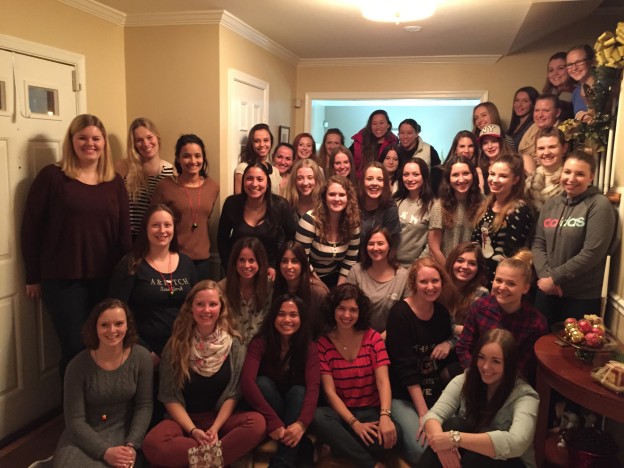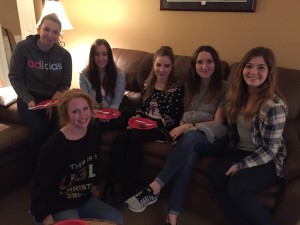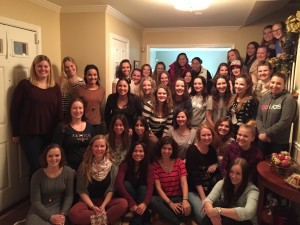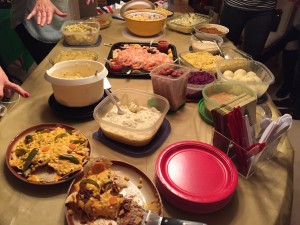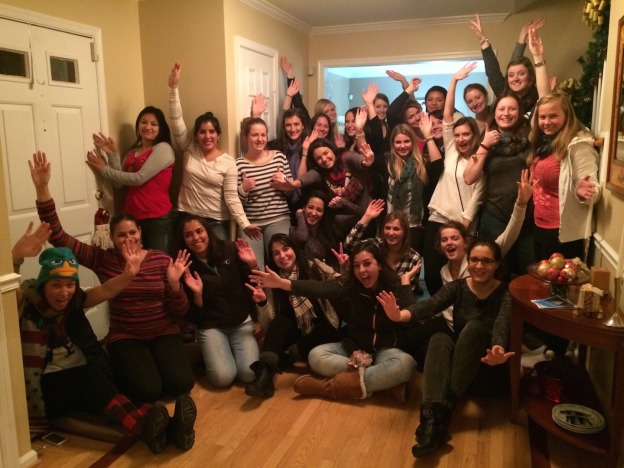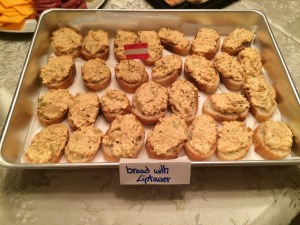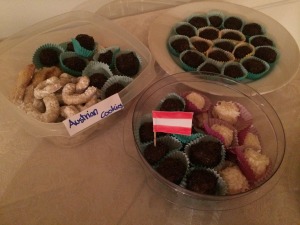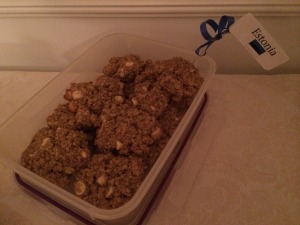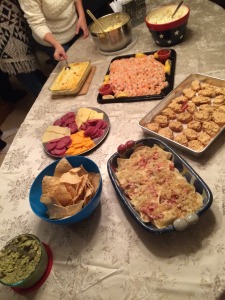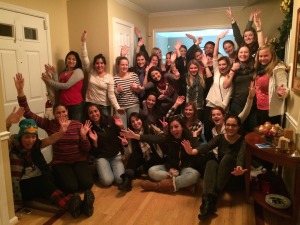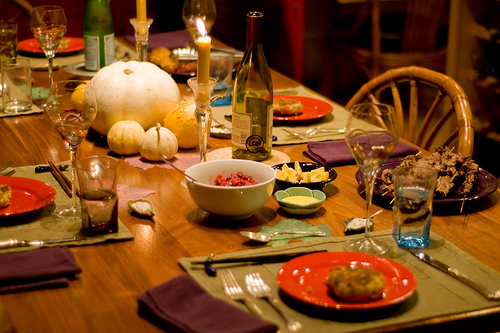
From Christine Connally, Community Counselor in MD:
Childcare focus – Check with your host parents before you buy a child a toy that requires close supervision – electrically operated toys, shooting toys and games, chemistry sets, and the like. Remember, too, that younger children may have access to toys intended for older children once the toy has been brought into the home.
Driving – Traffic tends to be heavier around the Holidays. My best advice is to leave earlier than normal and take your time. Be the “bigger person” and allow that one last car to slip in ahead of you. It may avoid an accident. Remember au pairs can be asked to pay up to $500 of the deductible for an accident.
Healthy eating – is your house filled with treats, and goodies that are tempting you? It is the season, and you are here for a cultural exchange, so try some of the traditional sweets your host family is offering, but it is a good idea to downsize your portions – how much you eat is as important as what you eat.
Hints for success – If there is an alarm system for the house, be sure that the au pair is listed with the alarm company as a legitimate user of the alarm. Also, the au pair must know the appropriate security code in case of a false alarm.
Photo: Benjamin Chun

